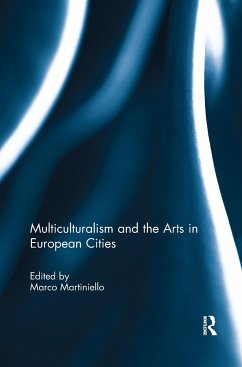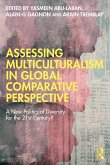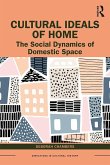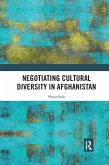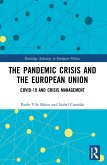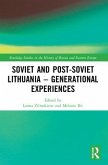This book discusses the tension, or even the contradiction, between ethno-cultural segregation and ethno-cultural mixing in the field of the arts. It focuses on the local artistic sphere in the multicultural EU cities of Amsterdam, Antwerp, Brussels, Cologne, Malmö and Vienna. The chapters show a variety of local experiences by exploring in each city discourses, policies and practices in the local artistic field and by addressing one or more of the following questions: How do cities construct diversity discourses and policies? How do migrants and subsequent generations mobilise in the local artistic scene? What type of collective identities and ethnicities are publicly expressed and constructed in the arts? Are immigrant and ethnic artists and productions supported by official cultural institutions? Are local cultural policies becoming multicultural? How do migrant and ethnic artist mobilise in order to change cultural policies?
The contributors combine top-down and bottom-up perspectives from a variety of large, mid-size and small European cities to make sense of the links between migrants and ethnic groups and artistic change at the local level. They examine how the city as an artistic space is changed by minority artistic expression and also how local cultural institutions change minority artistic expressions. The chapter authors are drawn from broad variety of disciplines, including anthropology, cultural studies, political science, sociology, urban studies and planning, offering the reader a broad variety of perspectives and insights into this area.
This book was originally published as a special issue of Identities: Global Studies in Culture and Power.
The contributors combine top-down and bottom-up perspectives from a variety of large, mid-size and small European cities to make sense of the links between migrants and ethnic groups and artistic change at the local level. They examine how the city as an artistic space is changed by minority artistic expression and also how local cultural institutions change minority artistic expressions. The chapter authors are drawn from broad variety of disciplines, including anthropology, cultural studies, political science, sociology, urban studies and planning, offering the reader a broad variety of perspectives and insights into this area.
This book was originally published as a special issue of Identities: Global Studies in Culture and Power.

